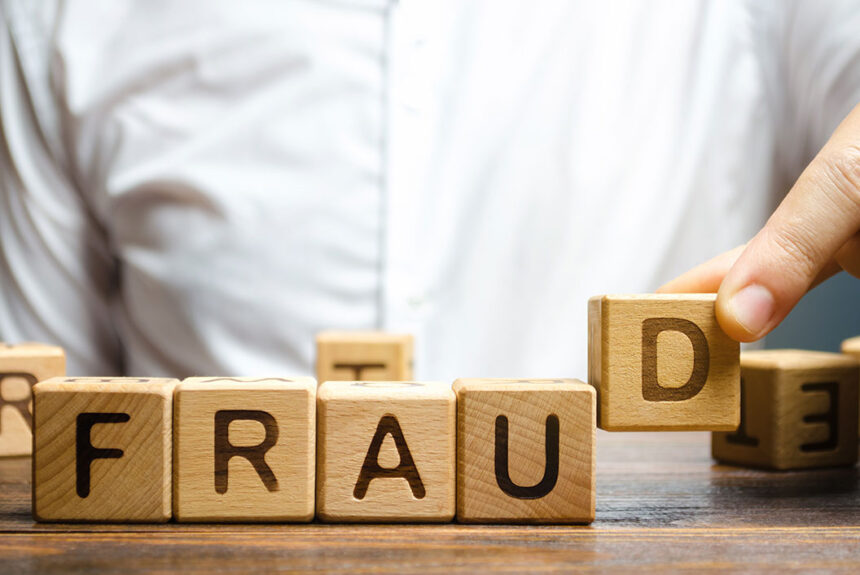Scamming attempts are on the rise as more people seek financial assistance online, due to the Coronavirus. Data from the Federal Trade Commission shows Americans have already lost nearly $70 million to pandemic scams since the beginning of the year. Here are a few common financial scams going around now related to COVID-19:
Stimulus Checks
One of the most attractive things for fraudsters during the pandemic has been government refunds — including stimulus checks. Scammers impersonate members of the Treasury Department or IRS over the phone, claiming they need personal details to verify your identity or get your stimulus check to your account faster. They may even ask for an advanced fee or charge for their services. Scammers also use robocalls to claim that you have a refund waiting — either from the government or from some charge you’ve incurred. The best thing to do is to hang up the phone. The IRS will communicate with you through the postal service. They will never call or text you links that require payments.
Unemployment Benefits
As of June 20, almost 33 million Americans are collecting unemployment benefits, and millions are still filing each week. So, another common scam is being offered help when applying for aid, such as the Payment Protection Program (PPP). Of course, during the process, you would share important personal and financial information that they now have. No one is going to call to offer you help, don’t fall for this scam.
Social Security Benefits
Social security benefit scams have been around for a long time, though they have evolved since the beginning of the pandemic. Scammers may claim that your social security number or benefits are “currently suspended” due to COVID-related office closures. They then require you to provide personal details or wire money to maintain your benefits throughout the pandemic.
It’s true that social security offices are closed right now, but your benefits remain intact. The Social Security Administration (SSA) will mail you notices if there is ever an issue with your benefits; they will never call or text you.
Mortgage Escrow Fraud
Few of our financial transactions are in-person anymore. This is why home buyers may not question an email that asks them to wire money to close a home purchase — also known as a mortgage escrow fraud. Once that money is sent, it’s impossible to get back. The days of poorly spelled emails are over. And scammers are investing time in creating convincing websites.
Debt Relief
Scammers also target people struggling with their student loan balance and offer loan forgiveness or paused payments in exchange for a set fee. Since federally backed student loan payments are paused, due to COVID-19, anyone offering to suspend your payments is after your money and information. Borrowers should also keep in mind that servicers will never require a fee for student loan assistance.
In Summary
All scams operate the same way. Someone impersonates a trusted organization to convince you to wire money or disclose personal information. Remember, government agencies will not ask you to disclose any of these over the phone, and they will never pressure you when you chose not to.


